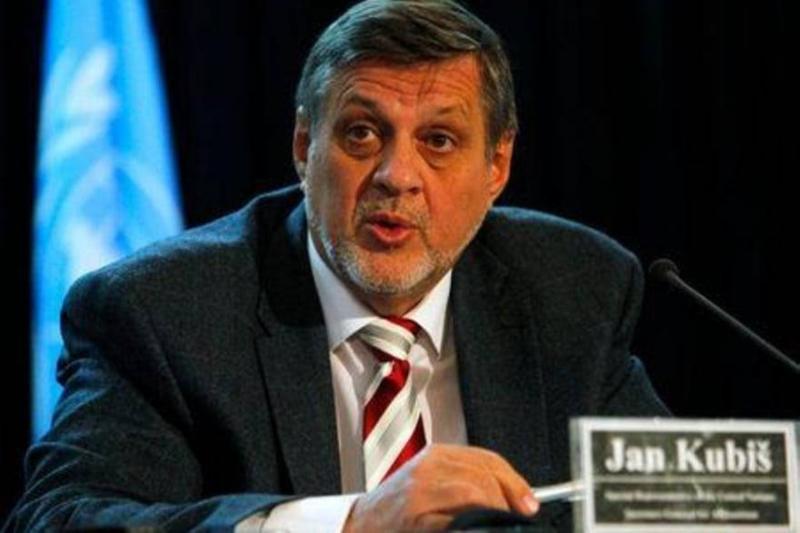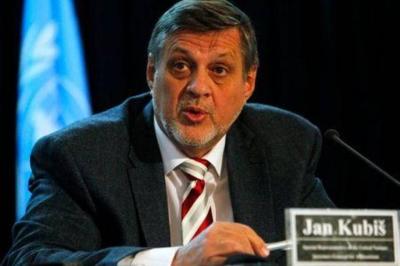A spokesperson for the United Nations announced on Tuesday that the organization’s special envoy to Libya, Jan Kubis, will step down less than a year after assuming the position, and one month before the scheduled elections in the country. Anonymous diplomats indicated that the UN is informally proposing the appointment of veteran British diplomat Nicholas Kay as his replacement. The appointment of a new envoy requires the approval of the UN Security Council.
Spokesperson Stephane Dujarric stated that UN Secretary-General Antonio Guterres accepted Kubis's resignation "with regret." When asked about Kubis's departure timeline, Dujarric said, "Kubis has clarified that he will not leave today." He added, "He is more keen than anyone else to ensure that the mission is not disrupted in any way."
Dujarric noted that "the Secretary-General is working to find an appropriate replacement. We are fully aware of the election timelines and are moving as swiftly as possible to ensure continuity of leadership." Kubis is a former Foreign Minister of Slovakia and has served as the UN’s special coordinator for Lebanon and as a special envoy to Afghanistan and Iraq.
The Security Council approved his appointment as special envoy to Libya in January to succeed Ghassan Salame, who resigned from the position in March of the previous year due to stress. The reasons for Kubis's resignation remain unclear. Dujarric stated that the resignation "did not come entirely as a surprise," but did not provide further details.
A political forum held by the UN last year called for parliamentary and presidential elections on December 24, as part of a roadmap to end the civil war. However, disputes over the upcoming elections threaten to undermine the UN-supported peace process. A first round of the presidential elections is scheduled for December 24, and the parliamentary elections have been postponed to January or February. However, no agreement has been reached on the election rules thus far.




